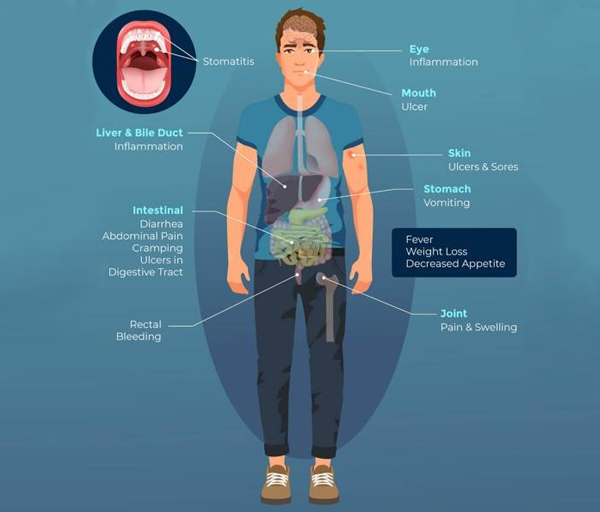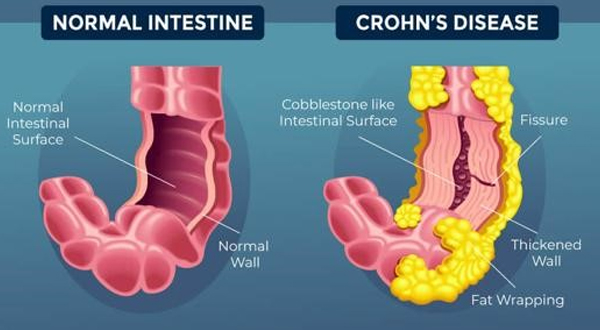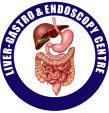What is Crohn`s Disease ?


Crohn’s disease is a chronic inflammatory condition of the gastrointestinal tract. It can affect any portion of the intestine starting from mouth till anus. It falls under the category of disorders called Inflammatory bowel disease. Ulcerative colitis is also a chronic inflammatory bowel disorder just like Crohn’s disease. Ulcerative colitis affects only colon or large intestine but Crohns can affect any part of intestine
The most often location Crohns affects is the terminal portion of small intestine (Ileum) and beginning of the colon. It affects the entire thickness of the wall of intestine. It can lead to ulcers, strictures in the intestine and can also result in intestinal obstruction rarely. Typically patients suffer from abdominal pain, bleeding, loose motions and weight loss over months to years. It can also cause anal fissures, Perianal fistulas and anal abscesses. Rarely it can also present as acute intestinal obstruction. Patients of Crohn’s disease can also suffer from extra intestinal symptoms such as joint problems, eye problems, mouth ulcers, skin manifestations, kidney stones, Osteoporosis due to bone loss.
Testing often includes a Colonoscopy and biopsy, an endoscopy and a biopsy, CT enterography, Stool calprotectin, capsule endoscopy along with basic blood work up. No single test confirms the diagnosis and the tests are repeated from time to time to assess the progress and severity of disease.
Treatment involves combination therapy of corticosteroids, Immunosupressants/immune Modulator, Biological therapy. Roughly, 20% of the patients may require surgery in their life time to manage complications of Crohn’s disease. Surgery becomes necessary if the medical therapy can no longer control the symptoms for conditions like anal fissure, fistula, abscess, intestinal obstruction. It’s a life long disease requiring life long treatment with regular monitoring of the disease severity to keep it under control
